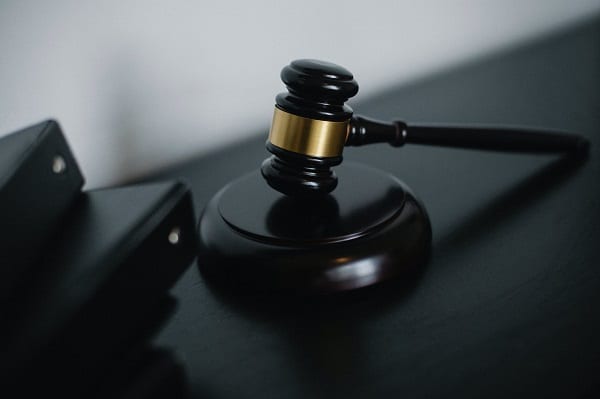BALTIMORE, MD—Maryland Attorney General Brian E. Frosh and Maryland Department of the Environment Secretary Horacio Tablada this week announced a settlement with Valley Proteins, an Eastern Shore poultry processing facility that uses poultry industry refuse to make food for other animals. The consent decree settles the lawsuit filed by the Office of Attorney General (OAG) on behalf of MDE in the Circuit Court for Dorchester County on February 2, 2022.
The lawsuit alleged that Valley Proteins had repeatedly discharged ammonia, phosphorus and other pollutants into the Transquaking River, a tributary of the Chesapeake Bay, for well over a year. Valley Proteins’ illegal discharge of pollutants was in violation of its National Pollutant Discharge Elimination System (NPDES) permit and State water pollution laws, and included failure to implement stormwater pollution plan best management practices, numerous unauthorized discharges of wastewater, sludge, and solids, and violations of its air emissions permit.
“Valley Proteins repeatedly discharged harmful pollutants – including nitrogen, phosphorus and fecal coliform – into a tributary of the Chesapeake Bay,” said Attorney General Frosh. “These violations of our environmental laws threatened fragile ecosystems and our treasured Chesapeake Bay. This settlement and hefty penalty sends a strong message to Valley Proteins and others that they are not free to pollute Maryland’s waters and air.”
“When the Valley Proteins facility’s operations threatened the quality of our water and our air the Maryland Department of the Environment took an enforcement action to assign accountability and to deter future violations,” said Maryland Secretary of the Environment Horacio Tablada. “We are pleased to now have a strong, enforceable agreement that will allow this important facility that serves the agriculture community to continue to operate while achieving environmental compliance and helping us to meet our water and air quality goals.”
The Valley Proteins plant discharges into a tributary of the Transquaking River, which flows into Fishing Bay, an offshoot of the Chesapeake Bay. The rendering plant is a significant source of nutrient pollution to the Transquaking River. MDE inspections from January 2019 through January 2022 found numerous violations, including unauthorized discharges of wastewater, sludge and raw chicken parts, and failure to take steps to prevent runoff of poultry solids. MDE inspectors also noted dozens of air pollution violations caused by malfunctioning odor-control equipment.
The consent decree requires Valley Proteins to correct stormwater violations; conduct a groundwater investigation to determine if the wastewater lagoons are leaking pollutants and, if leaking, to stop the leak and remediate any contamination; upgrade its existing wastewater treatment system in order to address effluent violations; conduct stormwater sampling; and investigate and implement improvements to address odor pollution beyond the facility’s property line. Additionally, Valley Proteins is required to pay a civil penalty of $540,000 for violations of Title 2 and Title 9 of the Environment Article, pay stipulated penalties if it fails to meet any deadline or schedule required by the consent decree, and pay past and future costs to the State for response costs. Chesapeake Legal Alliance, on behalf of ShoreRivers and Dorchester Citizens for Planned Growth, and the Chesapeake Bay Foundation, intervened in the State’s lawsuit on February 11, 2022 and are also parties to the consent decree. Valley Proteins is also required to pay the citizen’s groups their attorneys’ fees, reimburse past and future costs, and pay into the Transquaking River Watershed Fund, in furtherance of water quality improvements.
Now that a consent decree with enforceable conditions for the Valley Proteins facility to come into and maintain compliance with environmental laws and regulations has been finalized, MDE can finish its work in determining the appropriate, complementary conditions to be included in a final renewal discharge permit for the plant. That permit will be issued within the next 60 days.
Photo by Sora Shimazaki from Pexels
Do you value local journalism? Support NottinghamMD.com today.

